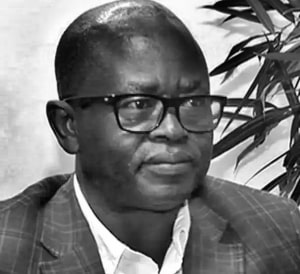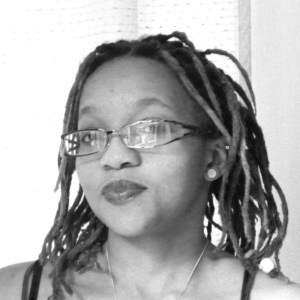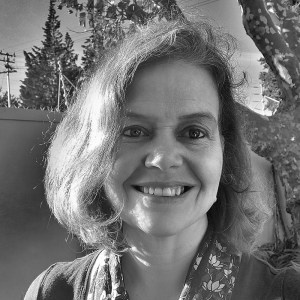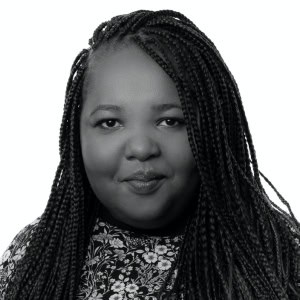Beneficial ownership specialist
Karabo Rajuili is Director of Country Implementation at Open Ownership, providing country support to governments implementing beneficial ownership transparency. Before this, she worked for five years at award-winning independent investigative journalism centre amaBhungane, as the advocacy coordinator.
While at amaBhungane, she served as country chair and regional support (Africa) for the World Association of Newspapers and News Publishers (WAN-IFRA) Media Freedom Committees in South Africa, Uganda and Kenya, working with senior journalists and editors in print, digital and broadcast media. She also worked to secure information rights in the interest of investigative journalism and, wherever possible, the wider public, on an array of policy areas including cyber security, digital rights, the intersection of privacy and access to information laws and beneficial ownership transparency in procurement law reform.
She worked on the most recent review of South Africa’s Companies Act and was part of successful efforts to advocate for and subsequently draft South Africa’s first political party financial transparency law.
Declaration of interests:
To follow.
back to top







